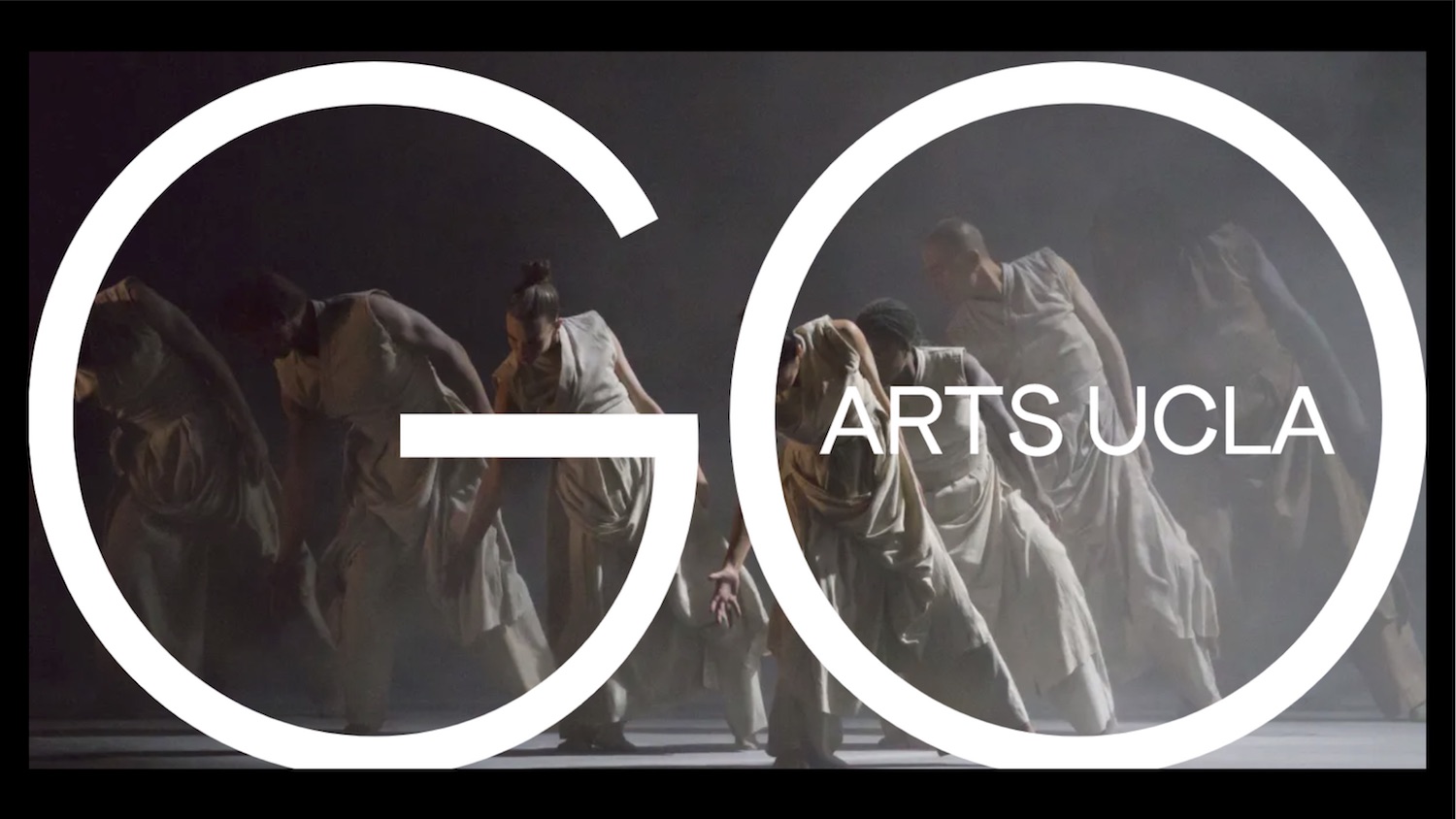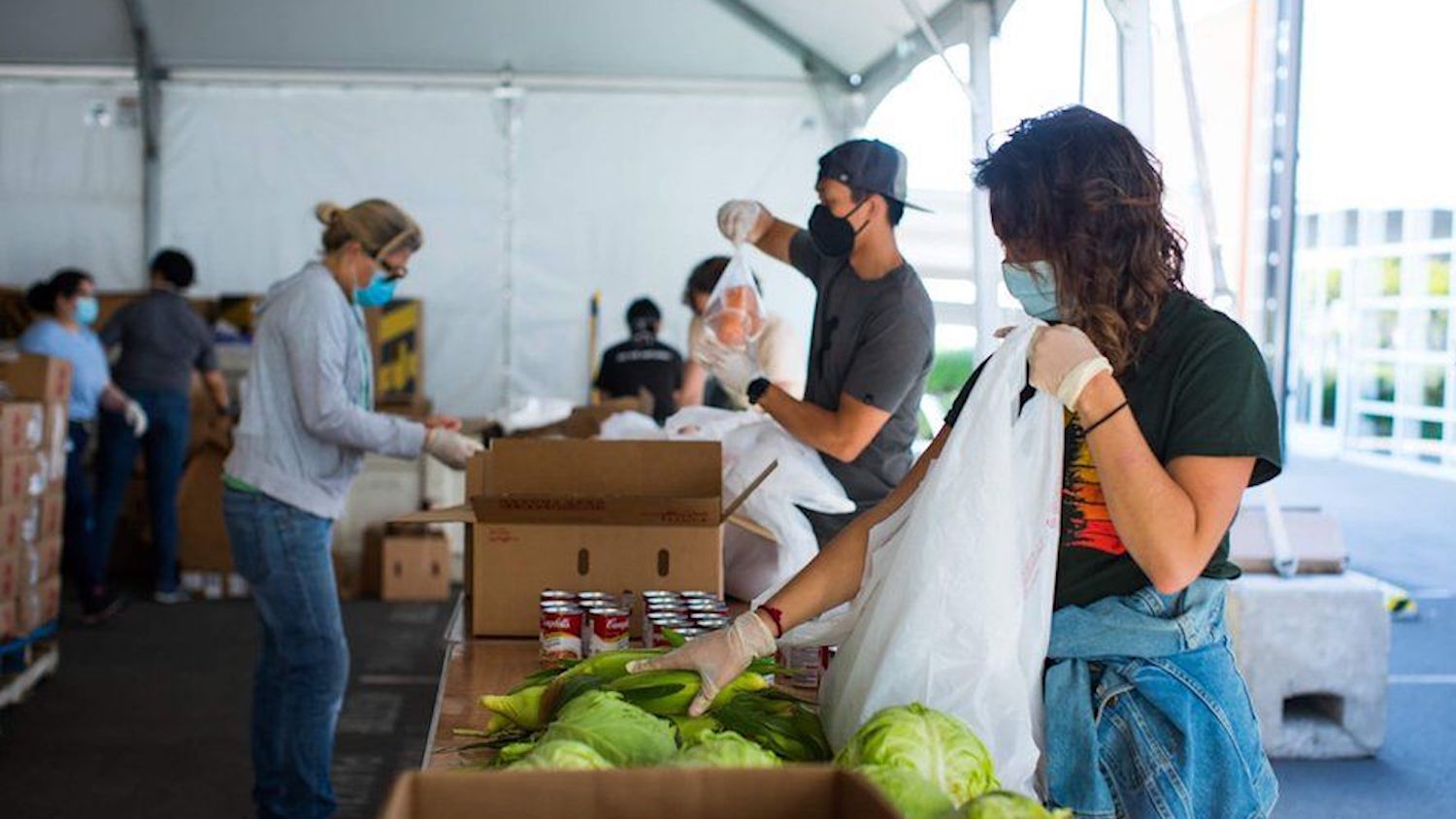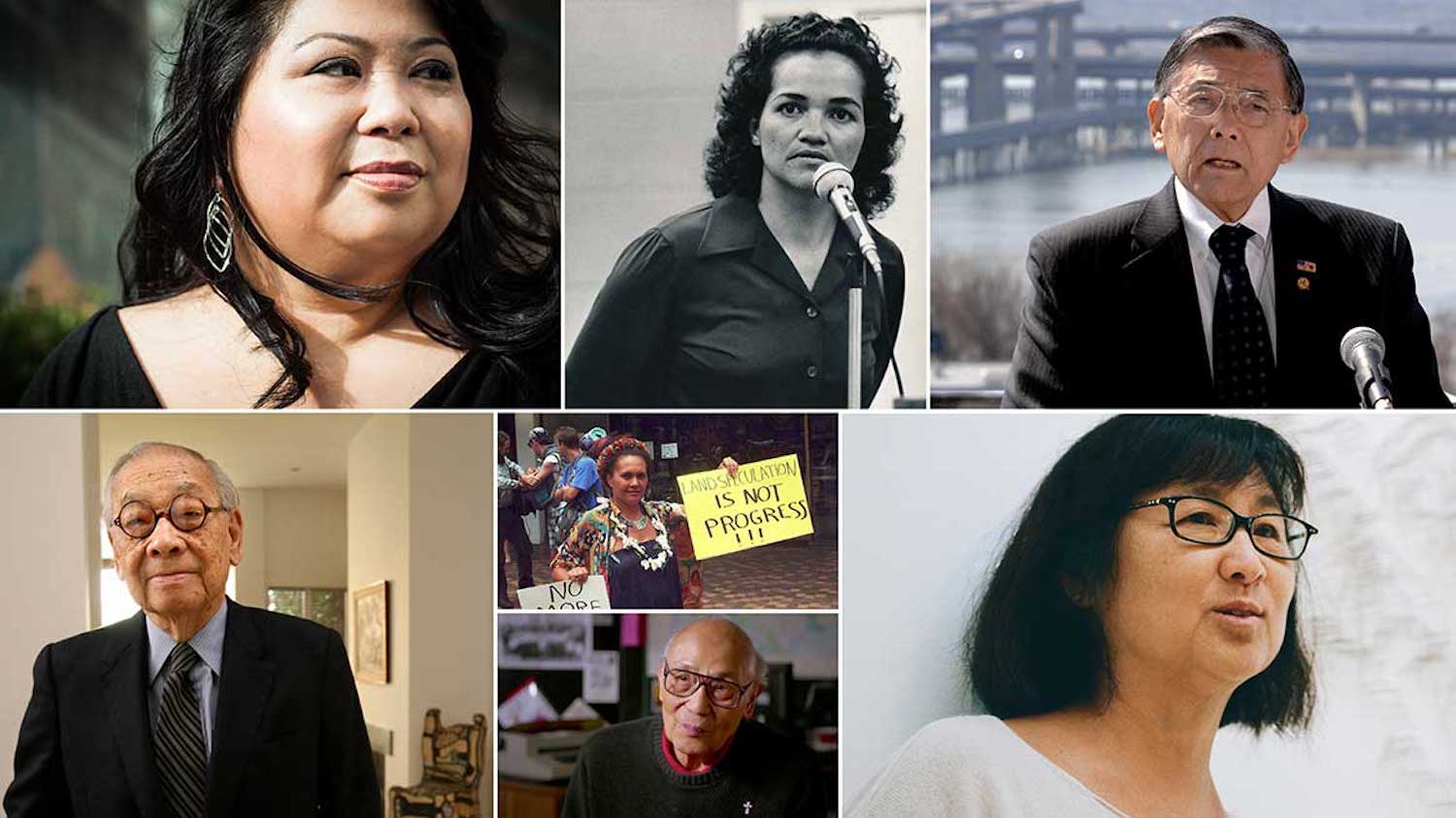Chancellor’s Arts Initiative Awards Grant to Umemoto
Urban Planning Professor Karen Umemoto has been named a recipient of the 2021 Chancellor’s Arts Initiative, a program to advance arts-related research that is timely, relevant and original and that increases public awareness of the arts at UCLA. Umemoto, director of UCLA’s Asian American Studies Center, is one of 12 faculty members to receive a grant under the $150,000 program sponsored by the Chancellor’s Council on the Arts and the Office for Research and Creative Activities. Priority was given to projects that contribute to UCLA’s larger commitments to sustainability, anti-racism, equity, diversity and inclusion. Amid a rise in anti-Asian violence in America, the Asian American Studies Center in collaboration with the Asia Pacific Center will spearhead a multimedia and multiperforming arts event commemorating the 150th anniversary of the Los Angeles Chinese Massacre of 1871, which involved the lynching of 19 Chinese immigrants. In addition to spoken narrative based on an original script, the project will feature body movement artists and a soundscape that draws from culturally diverse acoustic instruments and computer-generated sounds. This community engagement piece will include a pre-performance workshop and a post-event reception with speakers, performers and invited guests sharing historical accounts of racist violence against Asians in Los Angeles and linking the experiences of the past to the present. The Chancellor’s Council on the Arts also announced the launch of GO ARTS UCLA, an online platform that brings together the full array of UCLA arts and humanities events and research in one central location, underscoring the role of the arts at the university and within Los Angeles’ cultural ecosystem.
Study Identifies Regional Patterns in COVID-Related Food Insecurity
During the COVID-19 pandemic, disadvantaged households in the San Francisco Bay Area were at higher risk of food insufficiency compared with similar households in the Los Angeles and Inland Empire regions, according to new UCLA research published in the journal Public Health Nutrition. The study was conducted by Professor Evelyn Blumenberg, director of the Lewis Center for Regional Policy Studies at UCLA Luskin; Professor May Wang of the UCLA Fielding School of Public Health; and doctoral students Miriam Pinski and Lilly Nhan. The researchers evaluated U.S. Census Bureau survey data to understand regional differences in the determinants of food insufficiency, defined simply as not having enough food to eat. The team focused on three metropolitan areas: San Francisco, Oakland and Berkeley; Los Angeles, Long Beach and Anaheim; and Riverside, San Bernardino and Ontario. Overall, the rate of food insufficiency was lowest in the Bay Area, one of the state’s most affluent regions. However, the Bay Area’s disadvantaged households fared worse than their counterparts in Southern California. “Income and educational levels are higher, but income inequality and cost of living are also higher” in the Bay Area, the researchers explained. The study pointed to Los Angeles as a region where an active food distribution network was already in place, enabling governments, schools and community organizations to respond more effectively to the sudden increases in food insecurity brought about by the pandemic. The study was designed to guide the development of economic relief programs and increase the reach of federal assistance programs to address widening health disparities.
Ong Featured in APA Tribute to Groundbreaking Urbanists
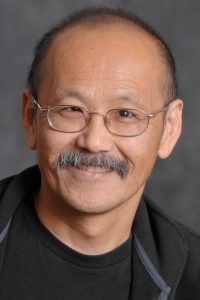
Paul Ong
The American Planning Association (APA) featured the work of UCLA Luskin Research Professor Paul Ong in a tribute to Asian American and Pacific Islander leaders who have shaped the nation’s history and communities. Ong, director of UCLA’s Center for Neighborhood Knowledge, was one of 12 planners, architects, historians and community organizers who have “influenced our built environment, fought for historical and cultural preservation, and championed social justice to help make great communities for all,” the association’s Planning magazine said. Ong joins a list including modernist architect I.M. Pei, statesman Norman Mineta, Vietnam Wall designer Maya Lin and racial justice attorney Manjusha Kulkarni, who co-founded the hate crime reporting center Stop AAPI Hate. As a UCLA researcher and educator, Ong has specialized in urban planning, social welfare and Asian American studies, with a focus on labor, environmental justice and immigration. Over the past year, Ong has examined the direct and indirect impacts of the coronavirus pandemic on people and communities as part of the COVID-19 Equity Research Initiative at the Center for Neighborhood Knowledge. The initiative focuses on systemic racial and class inequalities with the goal of developing insights that will lead to a just and fair recovery. The APA said its list of honorees, compiled in consultation with Asian American Studies scholars, is “intended to shine a spotlight on the many ways that Asian Americans and Pacific Islanders have built careers in service of their communities, especially in the face of adversity.”
Journal Focuses on COVID-19’s Impact on Indigenous Communities
Associate Professor of Public Policy Randall Akee guest-edited a special issue of the American Indian Culture and Research Journal that focuses on the impact of the COVID-19 pandemic on indigenous populations. “COVID-19 and Indigenous Peoples: Impact of and Response to the Pandemic” is the first of two special issues that include articles, reviews and commentaries by American Indian scholars and researchers in the field. American Indian communities have been hit disproportionately hard by the pandemic, experiencing death rates 1.5 times higher and infection rates 3.5 times greater than those for non-Hispanic whites. Akee and co-editors Stephanie Carroll and Chandra Ford wrote in the introduction that “the structural racism of colonialism is the driver of myriad negative outcomes for Indigenous Peoples, and the effects of COVID-19 are no exception.” The journal issue highlights the deep impact of the pandemic on indigenous communities as well as their resilience, and points to the importance of self-determination in preserving the well-being of these communities. The issue also compares the public health responses in different countries and how factors including racism, ableism, historical injustice and unfair resource allocation have contributed to the impact of the pandemic on different indigenous communities. The authors stress the need for public health responses that are culturally appropriate and respectful in order to support indigenous communities and their traditions. Akee said the forthcoming second special issue on COVID-19 will feature “emerging, innovative models of health care, access and service for effective public health responses to the needs of Indigenous communities.”
State Risks Falling Short of Carbon Reduction Benchmarks Unless It Puts Equity First
To reach Gov. Gavin Newsom’s net-zero emission vehicle goal by 2035, officials should put equity goals at the forefront of the state’s strategy or risk falling short of benchmarks and worsening community disparities, according to new research by the UCLA Luskin Center for Innovation. The report highlights challenges and opportunities amid California’s push to cut carbon emissions and local air pollution. The study comes as state lawmakers consider Newsom’s 2021-22 budget proposal, which includes $1.5 billion toward zero-emission vehicle efforts. “As California transitions to a zero-emission transportation system, it needs a robust and multifaceted agenda for equity-centered clean transportation policies,” said JR DeShazo, director of the Luskin Center for Innovation. “Pursuing this agenda of recommendations elevates and builds equity into the next generation of California’s clean transportation policies.” The study, commissioned by the Los Angeles Business Council, underscores that previous clean transportation policies did not equally benefit all Californians. Low-income communities hit hardest by pollution have been largely left behind in the green transition, and disparities threaten to impact communities of all income levels through climate change. The greatest hurdle to meeting environmental goals appears to be directing clean vehicles to moderate- and low-income drivers who are more likely to own older, emissions-heavy vehicles. Researchers recommend lowering the purchase price of new and used zero-emission vehicles, subsidizing vehicle financing, and reducing the cost of charging infrastructure and the electricity or fuel itself. A key recommendation is for zero-emission fleets to be deployed first to disadvantaged communities.
Luskin Summit 2021 Closes With a Call to Action
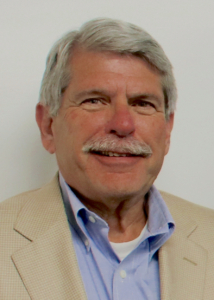
Zev Yaroslavsky
The UCLA Luskin Summit concluded its 2021 season with a session delving into the sixth annual UCLA Quality of Life Index, a comprehensive look at residents’ satisfaction with life in Los Angeles County. Zev Yaroslavsky, who oversees the index as director of the Los Angeles Initiative at UCLA Luskin, led summit attendees through the most striking findings of the countywide survey, which was conducted in March. This year’s index put a spotlight on the COVID-19 pandemic’s harsh impact on household income, children’s education and confidence about the future. “What this survey has once again exposed is the two Los Angeleses that we have, the disparities by income, by race, by ethnicity, by age,” Yaroslavsky said. “And it’s not sustainable.” He called on policymakers to “focus on the people who don’t have the capacity to weather a storm like this” but acknowledged that the complex issues do not lend themselves to simple solutions or talking points. During the session, ABC7 News reporter Adrienne Alpert presented questions from the virtual audience on topics including rising fears of violent crime, a notable increase in civic engagement and the effort to recall Gov. Gavin Newsom. The April 19 webinar was the last of nine Luskin Summit sessions exploring pressing public policy issues under the banner “Called to Action.” The series began in January with a keynote address by Assembly Speaker Anthony Rendon; other sessions focused on issues such as housing insecurity, access to parks, sexual health, public transit and the numerous effects of the ongoing COVID-19 pandemic.
Luskin Summit Brainstorms Solutions for Housing Justice
Experts, scholars and activists convened to discuss successful housing strategies — and their potential application in the L.A. region — at the Luskin Summit webinar “Homes for All: Building Coalitions for Equitable Planning in Los Angeles County.” Culver City Vice Mayor Daniel Lee delivered the keynote address at the April 9 event, co-sponsored by UCLA’s Lewis Center for Regional Policy Studies and Ziman Center for Real Estate. Lee suggested that social housing is the key to addressing homelessness and the affordable housing crisis. Paavo Monkkonen, associate professor of urban planning and public policy, moderated a panel on the successes and challenges of housing initiatives in other areas. Berkeley City Council member Terry Taplin shared his personal experiences with homelessness and discussed efforts to end exclusionary zoning practices. Laura Loe, founder of Share the Cities, spoke about her work building housing coalitions in Seattle and the importance of building trust within communities. Alison McIntosh of the Oregon nonprofit Neighborhood Partnerships explained that, “while these problems are complex and thorny, they are solvable.” A second panel, moderated by Tommy Newman of the United Way of Greater Los Angeles, focused on how Los Angeles might apply these strategies. Andy Cohen of the architecture and design firm Gensler pointed to COVID-19 as an “opportunity to reimagine the future of cities and prioritize the human experience,” while Joss Tillard-Gates of Enterprise Community Partners spoke about preserving supportive housing for homeless populations. Mahdi Manji of the Inner City Law Center discussed serving the lowest-income clients, and Leonora Camner of Abundant Housing LA stressed the importance of “moving at the speed of trust.” — Zoe Day
